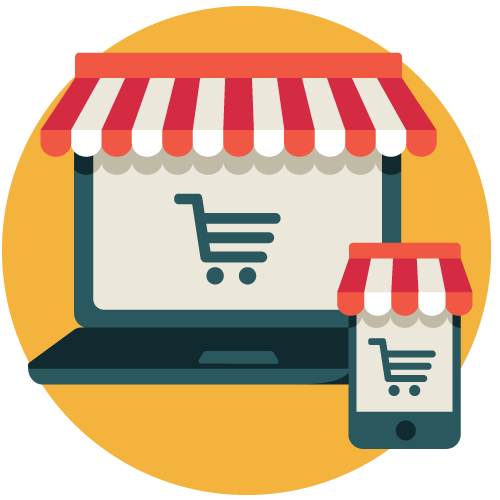Retail Insurance
Get the best retail insurance coverage that protects your business against theft, product malfunctions and other unforeseen events.
Join over 150,000 businesses that have trusted us!
Save up to 35% on your insurance
Just a few minutes to get your best quote
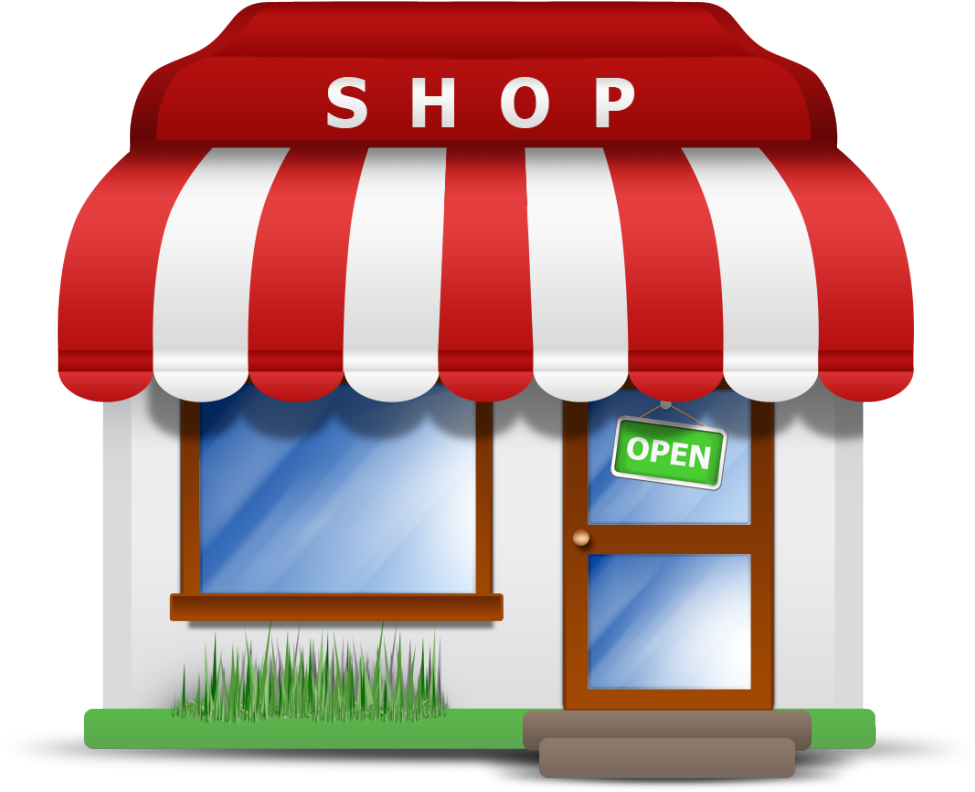
PARTNERSHIPS WITH OVER 20 LEADING AMERICAN INSURANCE PROVIDERS

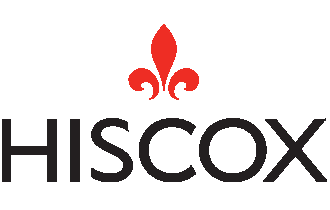

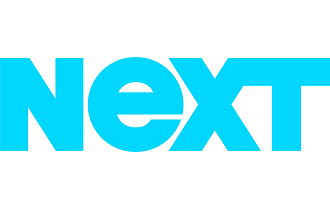
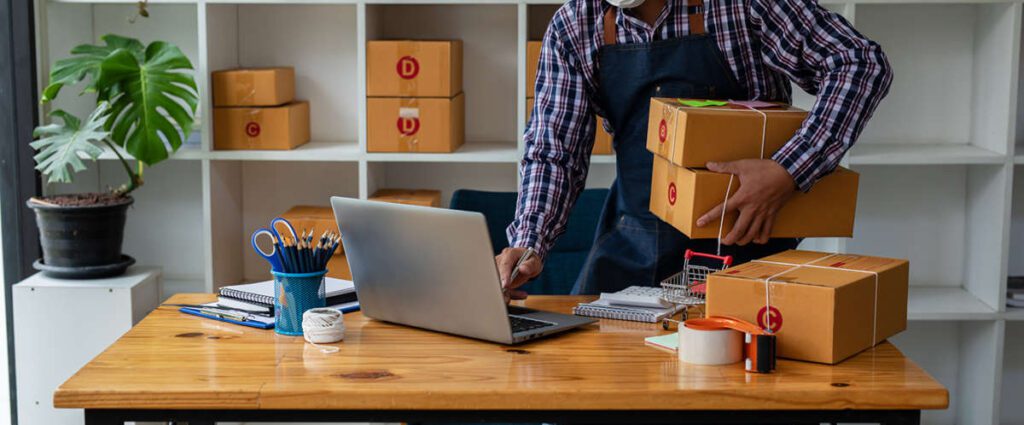
Business insurance for retailers
From toys and telescopes, to clothing and candles (okay, we could go on and on here), there are seemingly an infinite amount of products that retailers can sell to the public. And while some products are preferable to pick up from a store, online shopping is becoming an increasingly popular option – particularly during the times of COVID-19.
Given the “stay at home” orders over the past year, we know you truly understand the impact of the unexpected. Many retailers across Canada have had to close their doors and offer curbside pickup or online orders only to adhere to COVID-19 restrictions. Whether you’re providing an in-store experience or your store-front is your website’s home page, it’s paramount to provide a safe place to browse and shop.
At 2autoinsurance, we’re here to help your retail business. So far, more than 100,000 entrepreneurs have trusted us to protect their businesses with insurance policies designed to cover their needs.
It’s our goal to uncomplicate commercial insurance and provide the information you need. Below you’ll find the information to get you started with Retail Insurance.
What is retail insurance?
Our Retail Insurance policy packages are specifically designed to protect retail owners against risks associated with producing and selling merchandise, shopping in-store and shopping online.
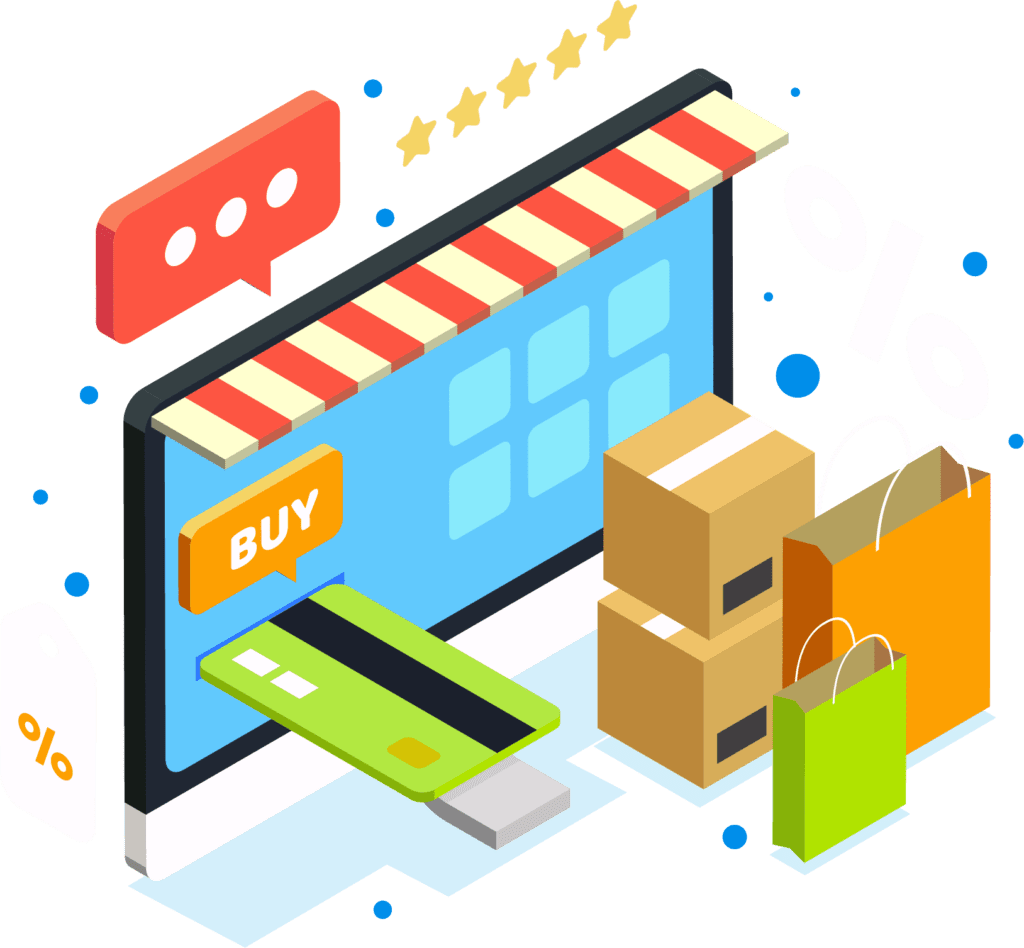
What does it cover?
Retail Insurance describes several insurance policies that when combined provide comprehensive coverage for your business. Typically, Retail Insurance will include the following coverages:
- Commercial General Liability Insurance (CGL): Also called “slip-and-fall insurance”, CGL protects you against the day-to-day risks that can happen during an in-person shopping experience. It can protect your business against claims of third-party bodily injury or property damage that occur at your retail location. CGL will typically cover legal expenses and medical fees, regardless of the lawsuit’s outcome.
- Product Liability Insurance: Product Liability coverage is important coverage for retailers. It provides protection against claims alleging third-party property damage or bodily injury caused by a product you manufacture, distribute, or sell. Damages covered by product liability are usually the result of a defect in the design, manufacturing or marketing, such as an incorrect label or a lack of safety warnings.
- Cyber Liability Insurance: Given the rise in e-commerce, Cyber Liability Insurance is another important coverage for retailers. Even if you don’t sell products online, you likely have a POS system or a loyalty program where customer data is stored online (e.g., addresses and financial information). Cyber Insurance covers costs associated with electronic incidents, such as a cyber hack involving your technology systems and data.
- Commercial Property Insurance: Commercial Property Insurance protects your retail location and the contents (including stock and inventory) from insured risks that occur beyond your control, such as a fire, theft, or flood. Commercial Property Insurance often includes business interruption coverage (also called Business Income Coverage). This coverage provides reimbursement for net income that’s lost following an insured event. Please note; business interruption coverage does not cover income lost due to a pandemic, infectious disease, or government-mandated closure.
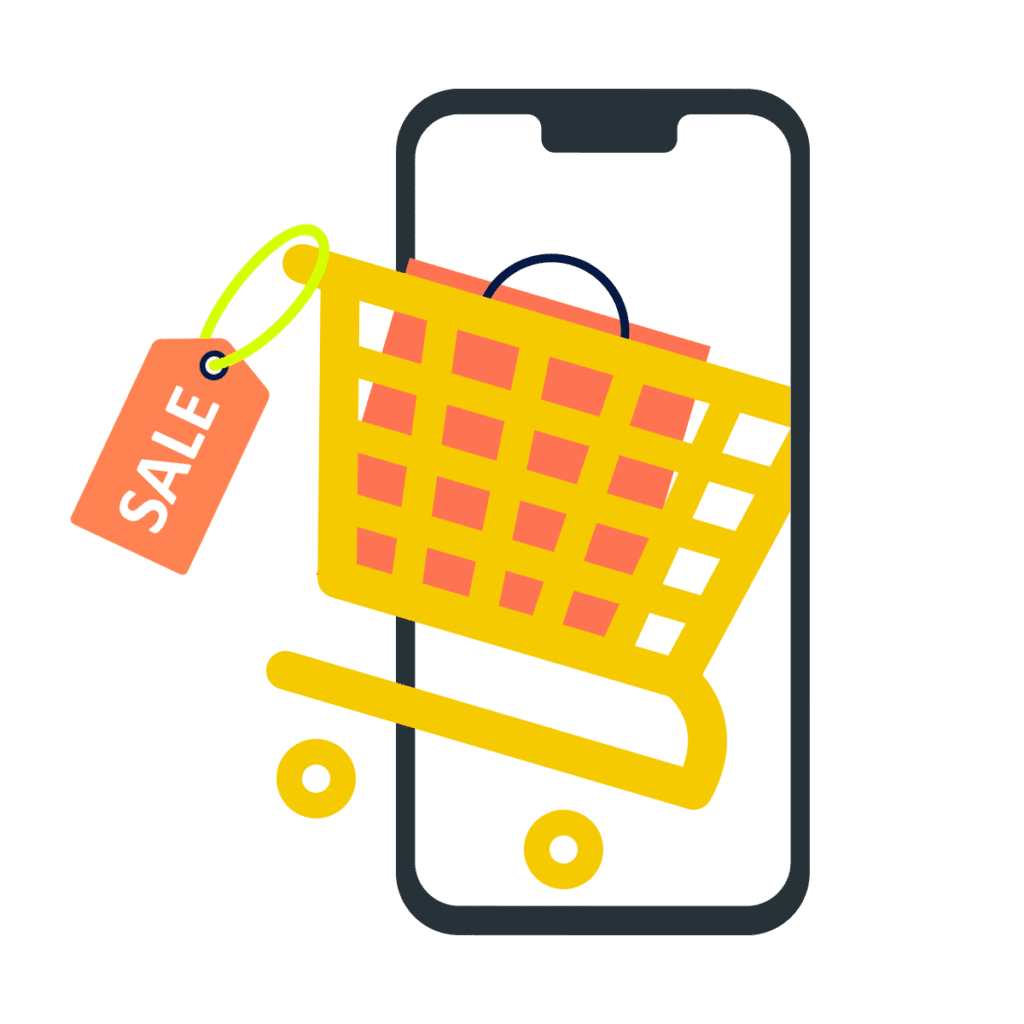
Who needs it?
A comprehensive liability policy package is helpful for any retailer or business that sells, develops or manufactures products.
Some specific types of retail businesses we cover are:
- Amazon sellers
- Brick and mortar
- shops
- Candle sellers
- Cannabis retailers
- E-commerce
- Flower shops
- Grocery Store
- Home-based stores
- Manufacturers
- Soap sellers
- Pop-up shops
- Vendors
How much does it cost?
There are many factors that can influence the cost of your Retail Insurance policy. For a low-risk, small business, you can anticipate a starting cost of approximately $450 annually on a basic CGL policy with a $2M limit.
During the online application, we’ll ask some quick questions about your business that will help us to determine what coverage you should have. Here are some of the main factors we take into consideration:
- Years of experience
- Store size and location
- Annual and projected gross revenue
- Number of employees
- Previous insurance claims
You want to make sure you get the best price for your business, and we do too. That’s why we’ve partnered with over fifty insurance providers to offer you a variety of options that’ll suit your business needs.
Insurance considerations
Beyond the products you sell, there are specific risks involved in running a physical store and an e-commerce store. Here’s some specific advice to help you choose the insurance policies that are right for you.
Retail Store Owners:
For retailers who own (or rent) a physical store, you’ll need comprehensive coverage to cover your property, employees and general business liability risks. It’s usually required to have General Liability and Commercial Property Insurance. We’ll go into the details of these two coverages and provide info about several other policies that can provide further protection from claims and lawsuits.
Your Commercial General Liability insurance may cover your business in the event of a claim due to third-party bodily injury or property damage. For example, if a customer slips on ice directly in front of your store, CGL may cover the claim for bodily injury.
Commercial Property Insurance could cover your retail store and its contents (including stock and inventory) from insured risks that occur beyond your control. For example, if a storm caused your store to flood, destroying a large amount of stock, Commercial Property Insurance may provide financial coverage to replace the damaged property. Commercial Property Insurance often includes business interruption coverage (also called Business Income Coverage) that provides reimbursement for net income that’s lost following an insured event. For example, if the flood that destroyed your stock meant you had to close for a few days to repair and replace your property, Business Income Coverage could provide financial reimbursement.
Product Liability Insurance covers third-party injuries or property damage that’s caused by defective products you manufacture, sell, or distribute. For example, if you sell a vacuum cleaner to a customer and they claim it caused a house fire when plugged in, Product Liability Insurance could cover you if they decide to sue.
Finally, if you have an e-commerce site also, or you use a POS system to store customer’s data (e.g., financial information or their addresses), it’s your legal obligation to protect their data. Cyber Insurance covers costs like legal fees associated with cyber hacks or other security compromises that involve your technology systems and data.
Suggested Coverage:
- Commercial General Liability Insurance
- Commercial Property Insurance
- Business Interruption Insurance
- Product Liability Insurance
- Cyber Liability Insurance
Online Retail and E-commerce:
A growing number of businesses just exist online, in part due to COVID-19 restrictions but also due to their growing popularity with customers. Even if you don’t have a physical store, surprisingly there may still be several similarities in coverage to in-store retail locations.
Whether you hold your stock in a location or you simply have a home office, it’s important to have Commercial Property Insurance. It’s a common misconception that business-related activities that occur at home can be covered through your homeowner policy, but the coverage is often inadequate. Commercial Property Insurance could cover your home office or business location, and your stock from insured risks that occur beyond your control, such as a fire, flood or theft. Commercial Property Insurance often includes Business Income Coverage which can provide reimbursement for income that’s lost following an insured event. For example, if a house fire destroyed your home office, Business Income Coverage could provide financial reimbursement for the time it takes you to get back up and running.
Cyber Insurance is one of the most important coverages for e-commerce businesses. Any customer browsing or putting their personal details into your site expects you to keep their data to be secure. Cyber Insurance covers costs like legal fees associated with cyber hacks or other security compromises that involves your technology and customer data.
Product Liability Insurance is important for e-commerce and drop-ship businesses, particularly when you’re not seeing the items you’re selling before they’re sent to the customer. Product Liability covers third-party injuries or property damage that’s caused by defective products you manufacture, sell, or distribute. For example, if you sell jewelry which is described as gold plated, but it gives an allergic reaction to a customer who’s alleging it’s not gold, Product Liability Insurance could cover you if they decide to sue for bodily injury.
Suggested Coverage:
- Commercial Property Insurance
- Business Interruption Insurance
- Product Liability Insurance
- Cyber Liability Insurance
Common claims scenarios

Problem: Your data systems that store your e-commerce customers’ information have been hacked – hundreds of customers’ financial information is compromised.
Outcome: Your Cyber Liability Insurance covers the cost to repair your data systems, as well as legal fees, totaling $225,000.
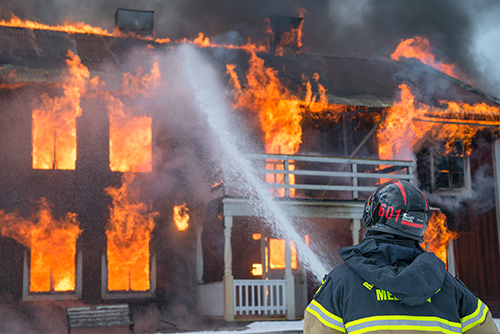
Problem: A house fire destroys your home office, including your inventory.
Outcome: Your Business Interruption Insurance covers income lost during the three months it takes to repair your office and replace your inventory, totalling $15,000.
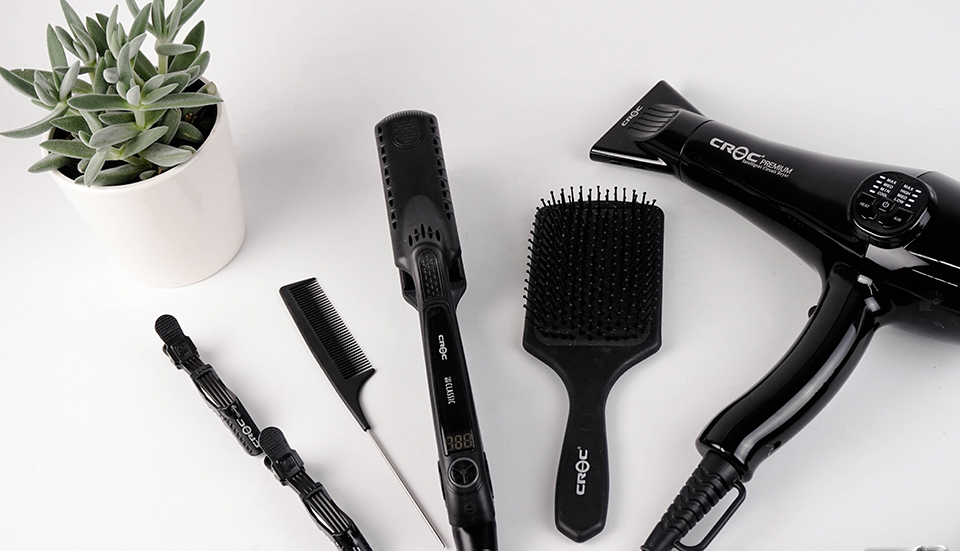
Problem: A client claims a hair straightener you sold didn’t come with the correct instructions and caused severe burns to their carpet.
Outcome: Your client successfully sues for property damage. Your Product Liability Insurance covers the legal expenses and medical fees, totalling $10,000.
Frequently asked questions
Is employee theft covered under Crime Insurance?
Yes, Crime Insurance is a coverage that may protect your business from employee theft including stolen cash and credit card forgery as well as loss of money and securities inside and outside of the premises. Regular theft is included under the property portion of a policy.
Does General Liability Insurance protect my inventory and stock?
No, General Liability Insurance is a coverage designed to protect you from the consequences that result from bodily injuries and property damages to third-parties. Damage to your own property is not covered by General Liability Insurance. If you wish to protect your own stock and inventory from damages, add commercial property coverage to your insurance policy.
Can I have my landlord listed as additional insured?
Yes, this is a very standard requirement. Please provide us with the legal name and mailing address and we can have this added to your formal policy documents.
Our most recent reviews
See for yourself what customers have to say about us.
Ready to start? Let’s get a quote!
You’ve dedicated your career to selling what you’re passionate about. You deserve a broker that has a passion to protect your business.
All you need to do to get started is fill out an online application today – you’ll get your retail insurance quote in just 5 minutes!
